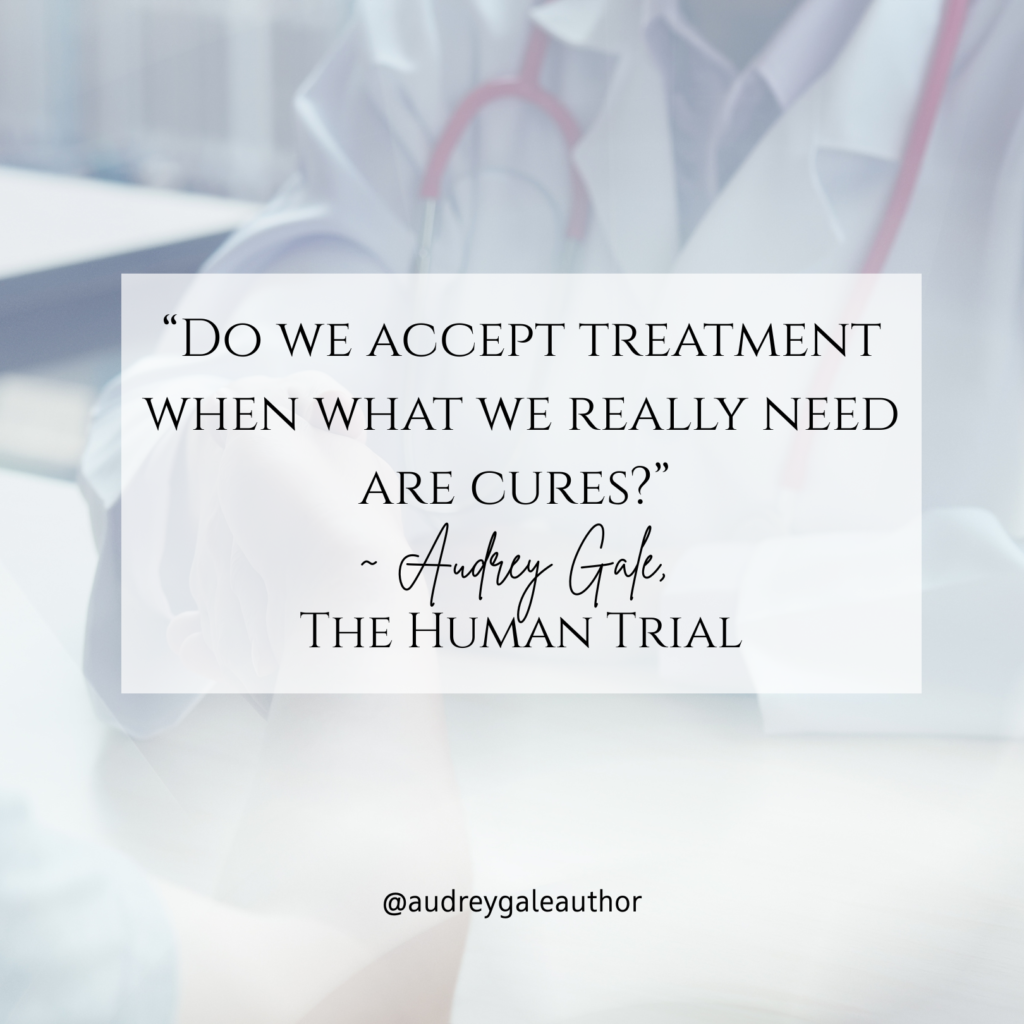We live in an age where trust in medicine feels almost automatic. We go to the doctor, receive a diagnosis, fill a prescription, and rarely question what’s behind it. After all, medicine has advanced so far—hasn’t it?
But what if we’ve placed a little too much faith in a system that, for all its brilliance, may also be deeply flawed?
It’s not that I’m against modern medicine. Quite the opposite. I believe in its potential. But I’ve also seen, through personal experience and research, how easily we can accept treatment without asking the most basic question: Is this truly the best path or simply the most accepted one?
In my own medical journey, I encountered walls where curiosity should have opened doors. Questions weren’t always welcomed. Alternatives were often dismissed. I began to wonder if medicine had become more about management than healing and more about profit than cure.
That question became the heartbeat of The Human Trial.
While it’s a work of fiction, the story explores a very real idea: what if the science for true healing already exists, but we’ve refused to look at it? Or worse, we’ve buried it beneath politics, money, and fear.
In The Human Trial, the characters find themselves in a world where breakthroughs in energy, frequency, and cellular communication, the kind of discoveries once explored by Einstein and Bohr, are quietly suppressed. Because if disease could be cured rather than managed, what happens to an industry built around treatment?
That question still haunts me.
Maybe it’s time we all start asking more questions about our health, our science, and the systems we trust to protect us.
Curiosity, after all, is where both healing and truth begin.

